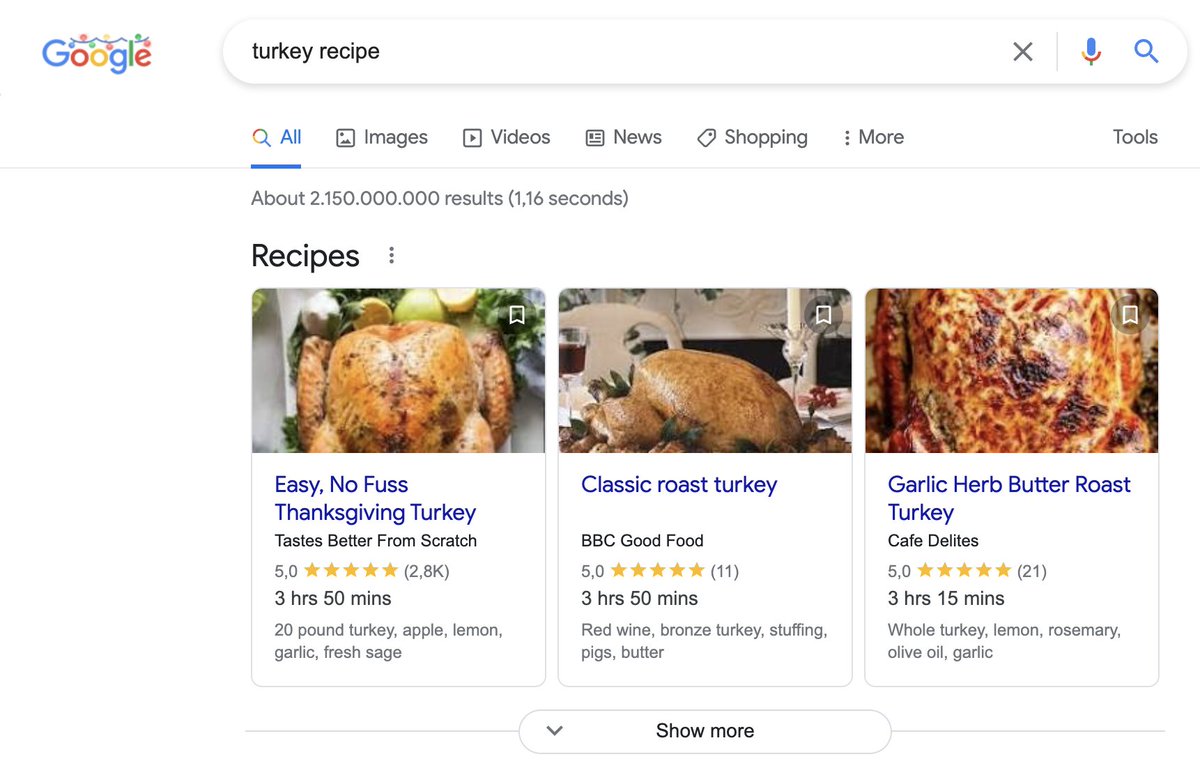Anyone who's doing a Google search wants 1 of 4 things.
1. Information
2. Navigation
3. Transaction
4. Comparison
Let's dive in all 4








I've been doing SEO for over 15 years and optimized 100's of websites.
— Yannick | Marketing & Growth (@Yannick_Veys) January 4, 2022
Here are the best techniques you can use to rank higher in Google \U0001f447
Sir, Log yahan.. 13 days patience nhi rakh sakte aur aap 2013 ki baat kar rahe ho. Even Aap Ready made portfolio banakar bhi de do to bhi wo 1 month me hi EXIT kar denge \U0001f602
— BhavinKhengarSuratGujarat (@IntradayWithBRK) September 19, 2021
Neuland 2700 se 1500 & Sequent 330 to 230 kya huwa.. 99% retailers/investors twitter par charcha n EXIT\U0001f602